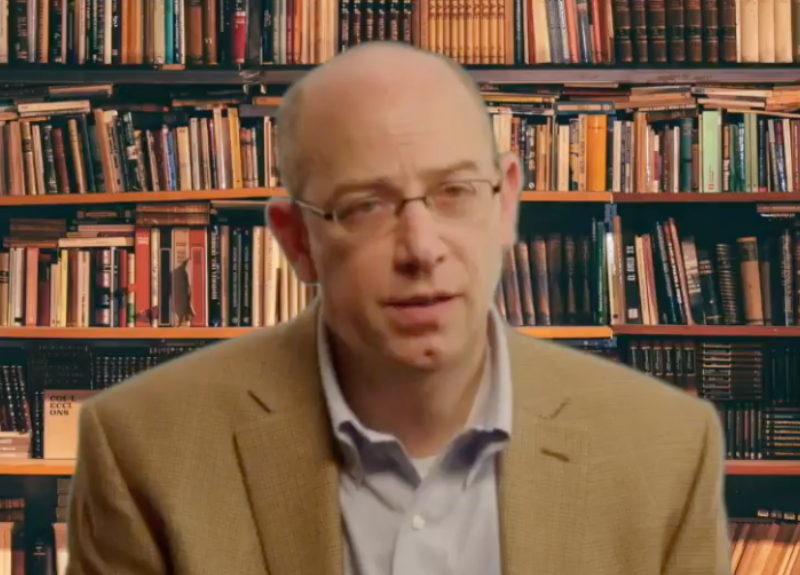What is Small Cell Lung Cancer, and why is it so tough to treat?
Small cell lung cancer is one of the two major types of lung cancer – the other type being non-small cell lung cancer. SCLC is an uncontrolled proliferation of small cells in the lung. In contrast, NSCLC occurs in non-small cells like glandular cells in the case of adenocarcinoma, or squamous cells, like in squamous cell carcinoma. About 15% of all lung cancer cases are classified as SCLC, also known as oat cell cancer, and usually presents more aggressively than NSCLC.
There are a few factors that contribute to the difficulty in treating SCLC. Since lung cancer screening is generally uncommon and symptoms usually don’t present themselves until the later stages, patients don’t know that they have SCLC until it’s more difficult to treat. And once the diagnosis is known, the disease is particularly problematic because the particular mutations in SCLC suppress the natural mechanism our cells have to stop uncontrolled cell growth.
Although SCLC initially responds well to standard treatment protocol, aggressive chemotherapy, it usually has only short-term effects. It is not long before the disease returns and is even faster growing than before treatment. The life expectancy for a patient diagnosed with SCLC is under one year.
Learn about the SCLC research underway
These are grim and frightening statistics. The good news is that the scientific world is giving more attention to SCLC now than ever before. Research, both in the lab and clinical trials, has led to the most significant strides in treatment in the past 30 years. Scientists are gaining a deeper understanding of the disease which can result in discovering new treatment options.



